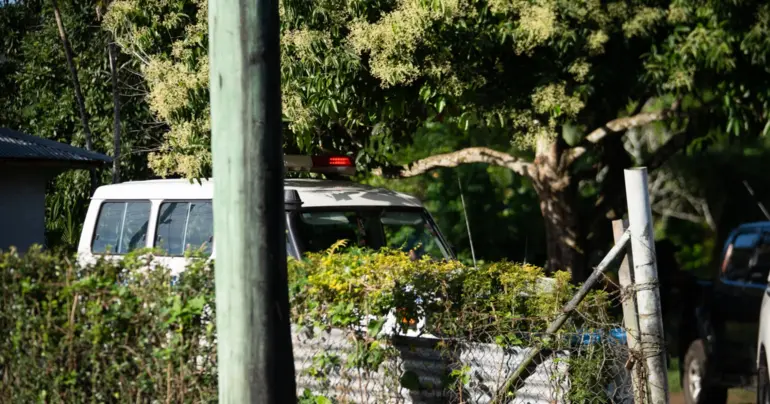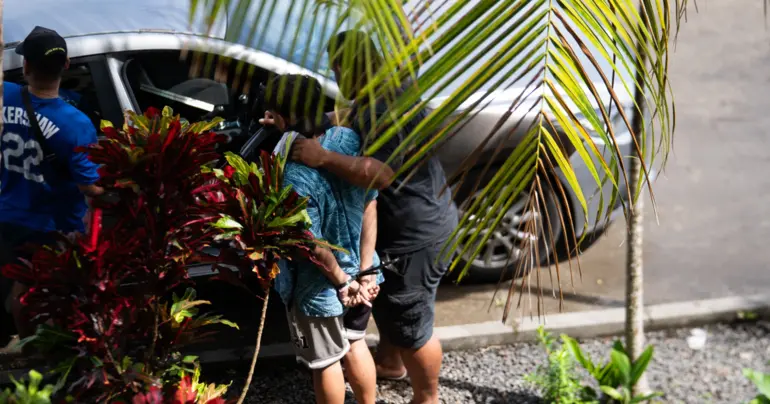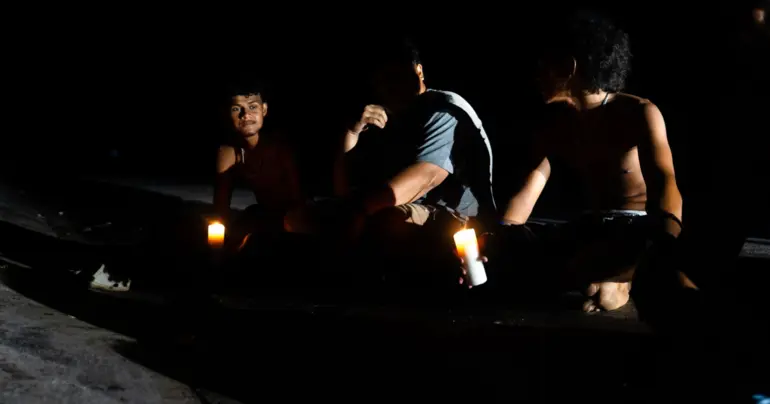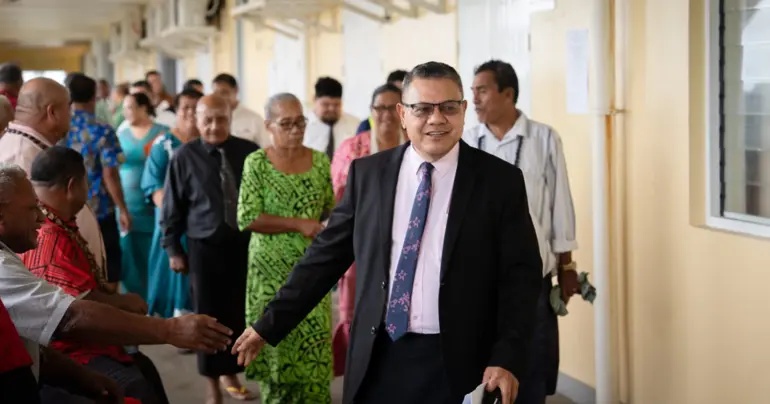Tuilaepa's exhausting political games
 By The Editorial Board
•
13 June 2021, 8:10AM
By The Editorial Board
•
13 June 2021, 8:10AM
The caretaker Prime Minister must cut a lonely figure these days, bunkered down in Government offices from which members of his caretaker Cabinet are progressively clearing out.
But a story in Saturday’s edition (Supporters keeping P.M. in Office: Tuilaepa) told us what is sustaining Tuilaepa Dr. Sa'ilele Malielegaoi during what must be not only a political but a personal crisis.
He told state-owned Radio 2AP that it was the party’s supporters who were motivating him not to cede the top job in Government.
“I have been sitting here for a long time, I have wanted to rest a while ago and I should be resting,” he said on Thursday.
“I have been a leader for a long time, apart from when I was the Minister of Finance and when I was in Parliament.
“It is not hard for me to rest now. But the question is what then? If I went to rest right now, what then?
“That is the big question; but how will I carry the weight of the 60 per cent of the people who voted in support of the [Human Rights Protection Party (H.R.P.P.)] and its leadership on my conscience?”
Intriguingly, this was Tuilaepa’s second reference to taking a political “rest: in as many days.
In his Wednesday programme, the man whose image is of a resolute political strongman and among the world’s oldest Prime Ministers, he made his first-ever acknowledgment of a possible near-term end to his political future.
Long-serving political leaders openly contemplating their retirement in public is almost always a sign of calming internal party dissatisfaction and an assurance that a new leader is waiting in the wings.
If this does reflect the H.R.P.P.’s internal political dynamics at, Tuilaepa’s justification for staying in the Prime Minister’s office because of his personal popularity is even weaker.
Tuilaepa asserted that he had a legitimate case for ruling Samoa because his party had collected a majority of the popular vote.
But for a man who has just been in court battle centering on the mathematics of rounding up, he was unaccountably rubbery with his election mathematics: the H.R.P.P. won 55 per cent, not 60, of the total votes.
This provides us a glimpse into his party’s approach and perhaps miscalculations leading up to the 9 April election campaign but it offers us nothing more than that.
Samoa is a representative democracy. Like many other nations of longstanding democratic tradition, such as the United States of America, the United Kingdom, France and Australia, it has been designed that way to ensure that no region in the country goes neglected.
In systems based on a purely popular vote, there is a real risk of political leaders concentrating their support in, for example, urban areas to win elections and then to govern with a view to their interests, not the nation’s.
Most importantly, though, these were the rules of the game. Citing the popular vote tally as a reason for why he should remain in office - something both he and party members have repeatedly done - is a sudden shifting of the political goalposts. And the caretaker Prime Minister knows it.
It is not uncommon in democracies for Presidents and Prime Ministers to lose the popular vote but win elections.
Most recently and famously this happened in the 2016 American Presidential election, and the same circumstances brought George W. Bush to power in 2000. Australia’s second-longest serving Prime Minister, John Howard, would have been ejected at his second election if popular voting was in place in Australia. And in 2010, the United Kingdom’s Prime Minister, David Cameron, was able to form a Government despite only securing 36 per cent of votes.
Common to these recent examples is that the losing parties did not complain about the election results with reference to their vote shares; loyal to the principles of democracy, they accepted defeat with grace.
The winners, too, also all promised to serve as leaders for an entire nation - not just those voters from whom they received support.
Samoa does not have the same long history of political parties as other nations do; for the first 20 years of our democracy, there were none. M.P.s purely represented their constituents,
Their emergence has brought a kind of tribalism to politics that in other countries has often stoked nasty confrontations and is given to perpetuating national division.
So far, perhaps the most remarkable of many aspects of the April election has been the peace with which people have conducted themselves on both sides of politics, despite the Government essentially being frozen. What few demonstrations we have seen have been peaceful marches and without so much as verbal clashes from opposing party members.
Tuilaepa should not be asserting that his popular vote gives him a mandate to rule; it will only increase division.
The facts are simple. Tuilaepa lost the election under terms long since agreed upon. The Faatuatua ile Atua Samoa ua Tasi (F.A.S.T.) party’s current Parliamentary majority is tiny. But it brings to mind an old saying among hard-headed political operators: a one-vote win is no different to a landslide: both mean victory.
We believe that the Office of the Electoral Commissioner, which spent its budget allocation this election year on things such as a mobile voting app, should be doing more to educate people about the fundamentals of our representative political system to prevent such arguments from taking root.
Tuilaepa’s statements simply add more confusion to the extraordinary fallout of the April election.
Letting a Prime Minister crumple and throw out the results of an election because he did not win is a dangerous precedent indeed.
Until he learns to come to terms with his election loss, Tuilaepa and the nation are going to grow ever wearier.
 By The Editorial Board
•
13 June 2021, 8:10AM
By The Editorial Board
•
13 June 2021, 8:10AM











